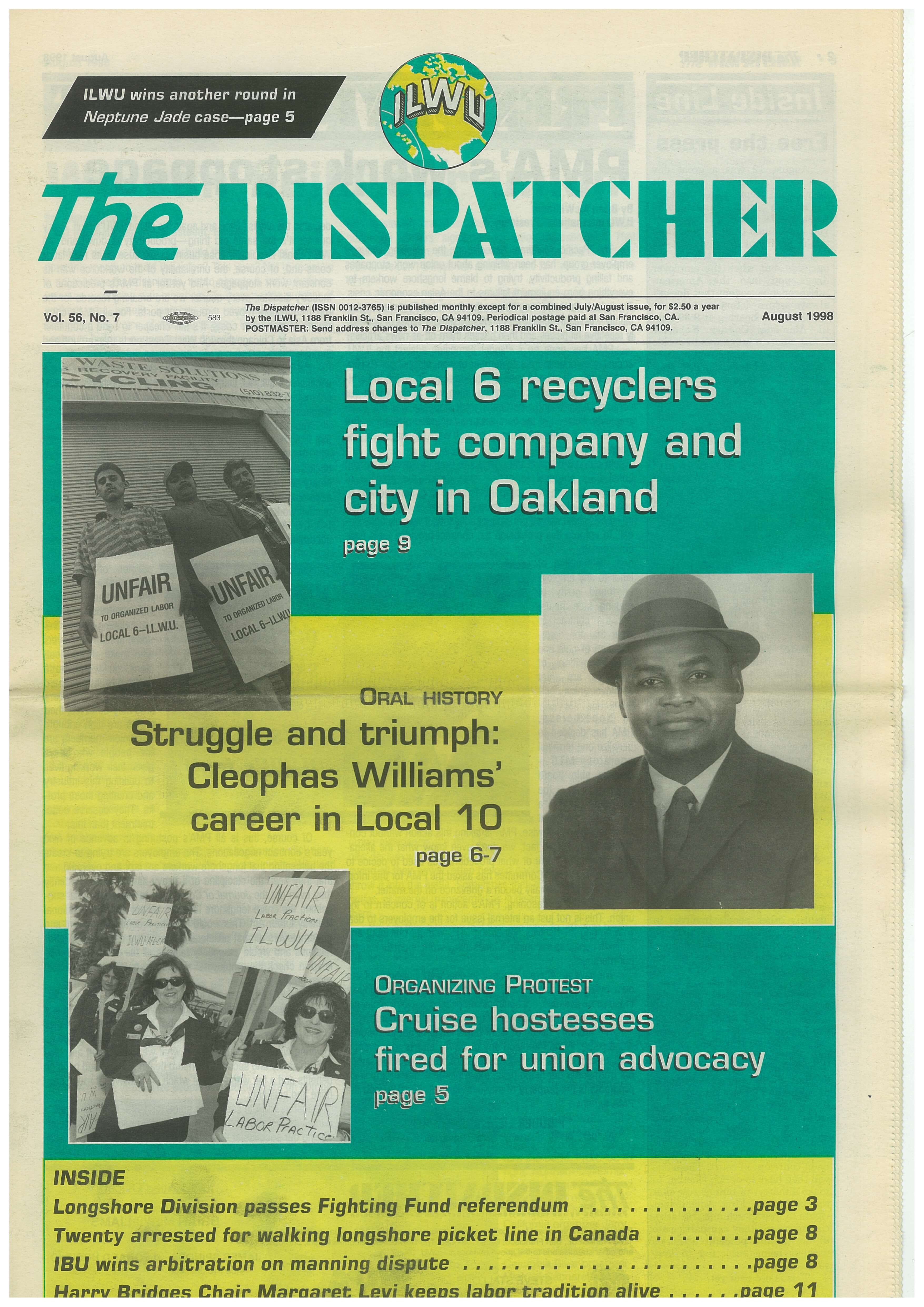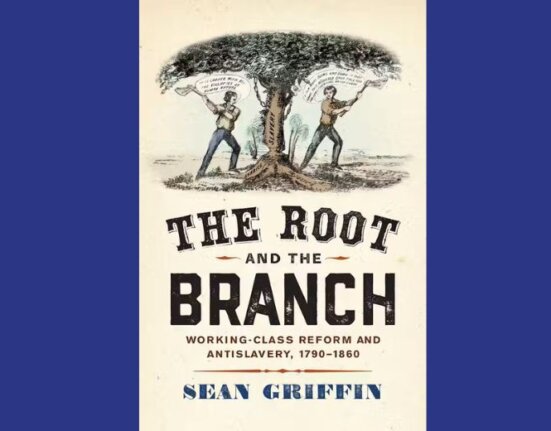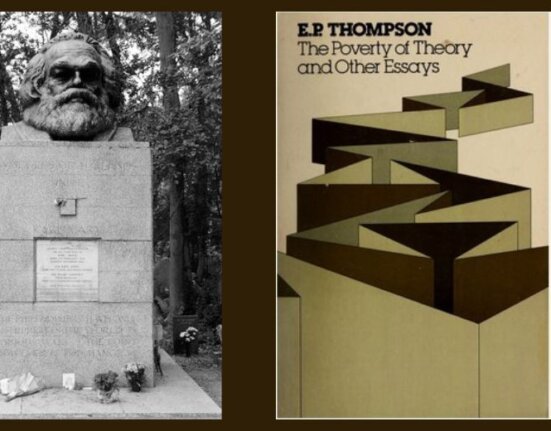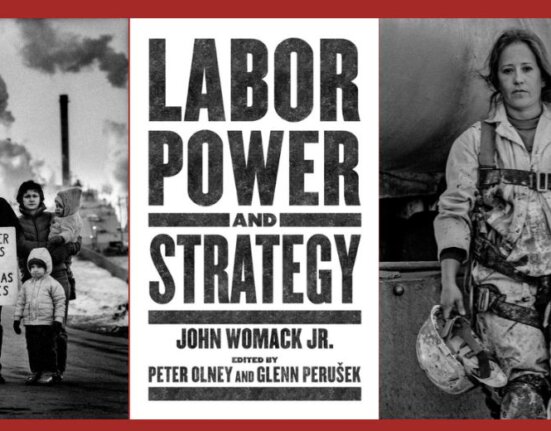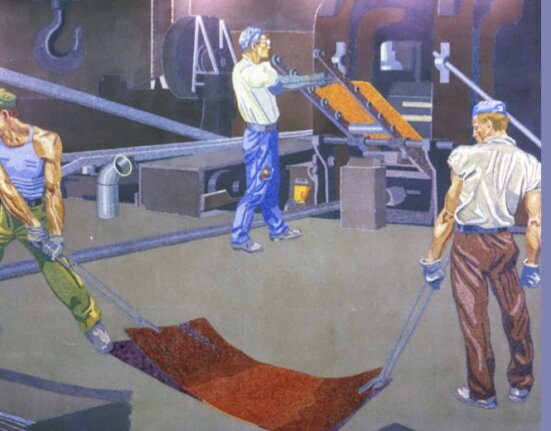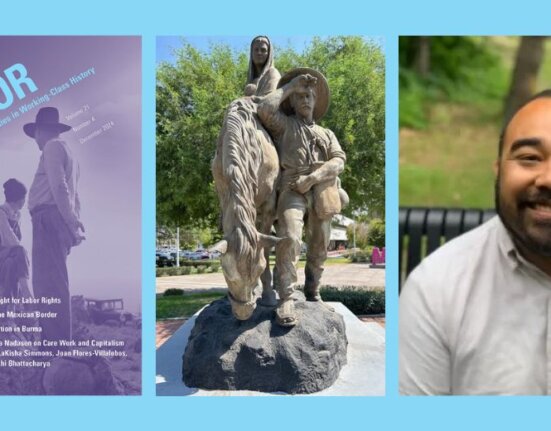In the February-March 2016 issue of Labor, under LAWCHA Watch, John W. McKerley and Jennifer Sherer write that multiple generations of labor scholars, labor educators, unionists, students, and others have benefited greatly from the recordings collected by the Iowa Labor History Oral Project (ILHOP). Their detailed essay about the Iowa undertaking since its beginning in the late 1970s has inspired us to describe a project on the West Coast that shares many of the ILHOP’s characteristics. Dating from 1981, the International Longshore and Warehouse Union (ILWU) Oral History Project has been active for nearly the same length of time.
The ILWU project began with an institutional grant to the union from the National Endowment for the Humanities. Its mission was to interview ILWU veterans from five representative bargaining units in California, Oregon, and Hawaii. The idea for the project originated with Daniel S. Beagle, the editor of The Dispatcher, the union’s international newspaper. As a long-term goal, Beagle and others involved with the project hoped to produce publications for the edification of union members and the public. In keeping with a major theme of the then-burgeoning New Labor History, researchers focused on rank-and-file unionists, although ILWU officers were also interviewed. The project’s jurisdictional boundaries included longshoring, warehousing, agricultural industries, and some related maritime trades.
Daniel Beagle and David T. Wellman, then a professor of sociology at the University of Oregon, served as the project’s co-directors. Harvey Schwartz acted as the research coordinator. The Institute for the Study of Social Change at the University of California, Berkeley, where Wellman held a research post, co-sponsored the project.
During 1981-1986, the time frame for the NEH’s project funding, Beagle, Wellman, and Schwartz conducted nearly all of the 206 interviews collected. Carol Cuenod, the ILWU librarian and archivist, helped store and catalog the original cassette tapes, which are still housed at the ILWU International Library in San Francisco, along with associated graphics, research materials, signed release forms, and other project materials. To avoid the prohibitive cost of transcribing more than 700 hours of tape, Schwartz taught a class at San Francisco State University to advanced labor studies students who listened to interviews and prepared in-depth annotated indexes to their content. Over time these indexes have provided invaluable guidance to scholars, unionists, students, and others who have used the tape collection for their own work.

The ILWU was already a much studied institution when the oral history project began. Since the 1930s, when the union was founded, an assortment of scholars and writers have been attracted by the ILWU’s rich tradition of progressive politics, militancy, non-discrimination, diversity, union democracy, and clean governance; its civil rights, civil liberties, and social justice advocacy; and its successful defense of Harry Bridges, the Australian-born first ILWU president, who faced a battery of federal deportation charges over a twenty year period. In addition, the Regional Oral History Office of the Bancroft Library at the University of California, Berkeley, has collected interviews dating back to the 1950s of several high profile ILWU officers, activists, and adversaries. The University of Hawaii Library also has recordings with key ILWU officers who were interviewed by Edward Beechert in the 1960s and 1970s.
On the other hand, the ILWU Oral History Project offered something new: It would cover a broad spectrum of workers’ experiences through the gathering of what oral historians call “full life histories.” To be sure, interviewers collected testimonies about traditional activities such as organizing drives, union politics, and landmark strikes. Still, interviewers placed great emphasis on questions about subjects’ youth, on-the-job experiences, personal politics, union participation, race, ethnicity, gender, family life, and even retirement. Just a list of the interview subjects’ backgrounds suggests the union’s diversity and the project’s inclusive nature. Over the life of the NEH- funded project, the three key interviewers collected testimonies from workers of African, Chinese, European, Filipino, Hispanic, Japanese, and Native Hawaiian lineage.

Like the ILHOP, the ILWU Oral History Project experienced a period (the late 1980s to the early 1990s) of relative inactivity. Much had been achieved, but much work remained to bring the interview contents to the attention of union members and the public. Fortunately, in 1994, Eugene Dennis Vrana, the ILWU director of educational services, librarian and archivist, convinced the union’s officers to sponsor a series of oral history profiles in The Dispatcher with an eye to ultimately gathering them into one volume. Schwartz undertook these tasks.
Between 1994 and 2009, Schwartz conducted 30 new interviews to supplement the original tape collection and produced 55 oral history articles of 1800 to 3000 words each for the union’s paper. Many of the articles were posted on the ILWU website. In 1997, when the union reissued its official history, The ILWU Story: Six Decades of Militant Unionism, excerpts from The Dispatcher oral histories figured prominently. Around 2000, Robert W. Cherny, Harry Bridges’s biographer, contributed significantly to the expansion of the ILWU collection when he allowed the project staff to copy a set of tapes the ILWU founder had made with his wife Nikki 22 years earlier. This acquisition led to three DISPATCHER essays featuring Bridges’s recollections of the union’s early days. These were reissued by the Harry Bridges Institute of Southern California in a 2001 illustrated pamphlet entitled Harry Bridges, A Centennial Retrospective: An Oral History of the Origins of the ILWU and the 1934 Strike. In addition to the Bridges tapes, the ILWU library received a set of recordings of Southern California longshore workers donated by sociologist Howard Kimeldorf.

Ultimately, Schwartz assembled most of The Dispatcher articles, with some modifications, into a 2009 University of Washington Press book entitled Solidarity Stories: An Oral History of the ILWU. When Shelton Stromquist’s 1993 University of Iowa Press book based on ILHOP interviews, Solidarity and Survival: An Oral History of Iowa Labor in the Twentieth Century, appeared in print, the Iowa Federation of Labor purchased copies for discounted sale to union members and their families. Similarly, the ILWU bought a large number of copies of Solidarity Stories for sale at cost to members through the union’s newspaper. As with Stromquist’s history, royalties generated by the ILWU book were donated to the union, whose bulk purchase helped support the volume’s production. Besides selling the book at cost through its newspaper, the ILWU distributed hundreds of copies to the delegates at its last three international conventions (2009, 2012, 2015) and to attendees at various other ILWU meetings and conferences.
McKerley and Sherer write that over time the use of ILHOP interviews by labor educators, dissertation writers, and the authors of journal articles and scholarly books has exceeded the project founders’ expectations. The same can be said about the ILWU Oral History Project. Writing in 1992, Nancy Quam-Wickham became the first researcher to utilize the ILWU tapes extensively for a scholarly publication. Subsequently, numerous graduate students, academics, and others have employed material from the ILWU recordings in their work, including the senior scholars Charles D. Chamberlain, Peter Cole, Michael K. Honey, Moon-Kie Jung, Laurie Mercier, Bruce Nelson, and Laura Pulido. The documentary filmmaker Jack Baric based the script for an Emmy- winning film on extended excerpts from what is now called the ILWU Oral History Collection.

The ILWU project has also inspired others to begin oral history programs. While the original NEH-funded project was in progress, members of Northern California ILWU warehouse Local 6 started conducting interviews of their own. The 39 recordings they made between 1981 and 1983 are now part of the ILWU Oral History Collection in San Francisco. With the help of retired historian Edward Beechert, ILWU booksellers in Local 5 of Portland, Oregon, sponsored an oral history project in 2001-2002. Copies of some of those tapes are housed in the ILWU library as well.
Starting in 2013, the ILWU Pacific Coast Pensioners Association began collecting recordings with aid from historian Ron Magden, Schwartz, and archivist Conor Casey. That project has now interviewed 30 retired West Coast waterfront workers. Those recordings are stored in the Washington State Labor Archives at the University of Washington. Partly inspired by the book SOLIDARITY STORIES, members of ILWU longshore Local 502 situated on the Fraser River, British Columbia, Canada, have also launched a new oral history project. Featured online, it is called “The Docker Podcast! Labor Related News and Discussions.”
The ILWU library in San Francisco now functions under the guidance of Robin Walker, the union’s current director of educational services, librarian and archivist. A strong supporter of oral history, Walker has digitalized some of the collection’s analog tapes and plans to pursue this effort further. As with the ILHOP, the ILWU Oral History Project has enjoyed a surprisingly long life. It continues to service labor scholars and students while fulfilling the educational needs of unionists in the ILWU and beyond. In many ways, it represents a remarkable model of what a union can do to broadcast its historical record and to educate, inspire, and motivate. Like the ILHOP, the ILWU Oral History Project still holds these goals dear after all these years.
References
Schwartz, Harvey. 2001. HARRY BRIDGES, A CENTENNIAL RETROSPECTIVE: AN ORAL HISTORY OF THE ORIGINS OF THE ILWU AND THE 1934 STRIKE. San Pedro, CA: The Harry Bridges Institute.
Schwartz, Harvey. 2009. SOLIDARITY STORIES: AN ORAL HISTORY OF THE ILWU.
Seattle: University of Washington Press.
Stallone, Steve, Harvey Schwartz, and Gene Dennis Vrana. 1997. THE ILWU STORY: SIX DECADES OF MILITANT UNIONISM. San Francisco: International Longshore and Warehouse Union.
Stromquist, Shelton. 1993. SOLIDARITY AND SURVIVAL: AN ORAL HISTORY OF IOWA LABOR IN THE TWENTIETH CENTURY. Iowa City: University of Iowa Press.

